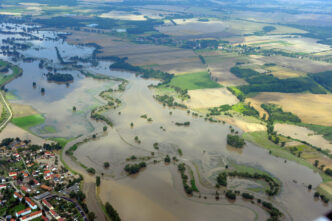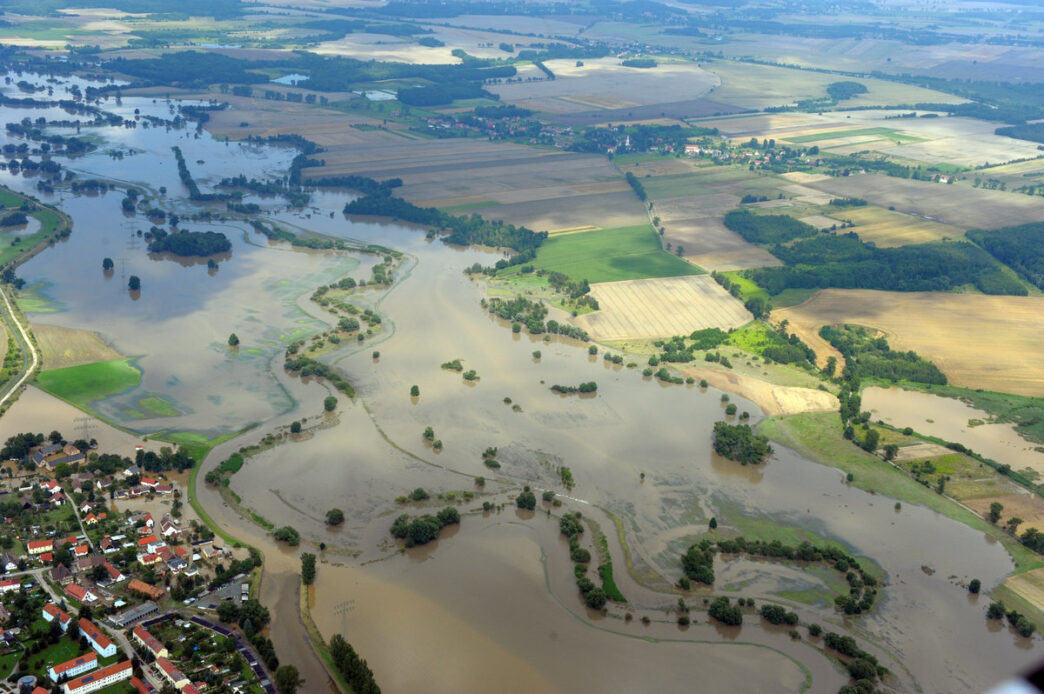Max Planck Institute rolls out AI-powered early warning system for extreme weather
Europe’s facing another brutal year of climate chaos. Heatwaves, droughts, floods hitting hard across the continent in 2024. The latest report from Copernicus shows Europe’s highly vulnerable to soaring temperatures, heavy rains, and drought.
Now, researchers at the Max Planck Institute for Biogeochemistry in Germany are pushing an AI-driven early warning system to fight back. The new system combines satellite data, high-res weather forecasts, and AI to predict damage from droughts, floods, and other extremes at a local level — down to individual fields or gardens.
The goal: smarter disaster response and long-term prevention. Aid groups and disaster control can deploy resources more precisely, reducing damage and saving lives.
Markus Reichstein, lead researcher, highlights the system’s strategic edge:
“Early warning systems are usually designed for short-term periods of weeks to a few months to enable acute protective measures. But we should also think strategically about early warning systems over longer periods of time – from several years to decades – in order to plan and implement far-reaching preventive measures.”
The system isn’t just about weather data. It integrates communication science and psychology to make sure warnings actually trigger effective action, politically and individually.
“We not only have to predict extreme weather events and their possible impacts as accurately as possible,” Reichstein adds. “It is just as important to incorporate findings from communication science and psychology so that warnings are understood, taken seriously and translated into effective action – both individually and politically.”
AI learns from past events in similar ecosystems to boost accuracy. But challenges remain. The AI needs to understand why extreme weather hits, not just spot correlations.
Vitus Benson, co-lead, stresses:
“For an AI early warning system to be able to predict something like this, it can’t just generalize and say that Germany won’t have such extreme droughts in March – it has to refer to the physical causes, such as the general weather situation.”
The team is developing an app to bring these smart, location-specific warnings to everyone, especially in vulnerable regions.
In 2024 alone, floods from storms like Boris killed 335 people and caused €18 billion in damage. This AI system aims to stop disasters from getting worse.
© Matthias Hiekel dpa/lsn ++














